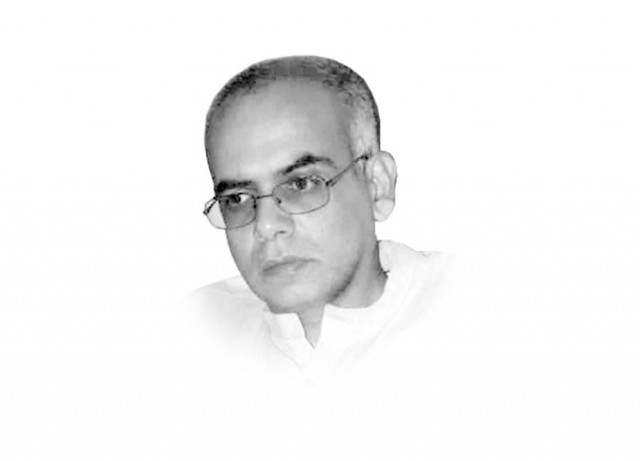Face saving needed for Saving Face
Chinoy must respect wishes of acid survivors, even if she obtained consent from them for films release.

Having done research for the same NGO which facilitated Sharmeen Obaid-Chinoy in making her documentary — including firsthand meetings with many acid attack survivors, as well as with some of the perpetrators of such attacks, and visits to communities within which such heinous incidents had occurred — one does appreciate the nuances behind this seemingly strange turn of events.
I certainly do not begrudge Ms Obaid-Chinoy or her Oscar. Her accomplishment, in fact, has instilled a sense of pride among Pakistanis around the world. I also do not think that shedding light on a disturbing phenomenon, which continues to afflict tragedy and suffering in the lives of many people in our country, should be avoided out of fear that it will reinforce Western stereotypes. Even the fact that the US was quick to hand out an Oscar for a movie highlighting gender violence and thereafter denied granting a visa to another Pakistani documentary maker who chose to focus on the human cost of drone strikes, is more of a problem for US analysts and concerned citizens to contend with or to challenge. It is the ethical dimension surrounding the screening of Saving face documentary within Pakistan, however, which has evoked a personal sense of distress in me.
On the one hand, I realise the need to not only create awareness, but to take practical steps to prevent acid attacks in Pakistan. It is great to see Ms Obaid-Chinoy becoming very proactive on this issue subsequent to the Oscar win and the honours conferred on her by our government. However, she must stop insisting on screening the documentary within Pakistan if these survivors feel that they could be at risk of a backlash when and if the released film is seen by people they know. Given that the movie itself acknowledges the complex realities that these acid survivors must contend with, Ms Obaid-Chinoy must respect the wishes of these survivors, even if she had obtained some form of consent from them regarding its release. After all, the survivors featured in the documentary have not exactly signed acting contracts.
The NGO which initially provided access to the acid attack survivors — it prefers to use the term ‘survivor’ instead of ‘victim’ in order to infuse a sense of empowerment amongst people trying to recover and rehabilitate subsequent to acid attacks — is now trying to help them by providing assistance in going to court if required, to stop the documentary maker from showing the movie in Pakistan.
I have not had a chance to speak with Ms Obaid-Chinoy directly on this issue, so I do not know her side of the story. But whatever her perspective is, surely the need to protect the very people who have propelled her to international fame and glory must take precedence over any further publicity of her work. Moreover, there are several other ways to help create awareness on this issue, as well as countering the prevalence of acid attacks. Ongoing advocacy by those working on this issue have identified many practical means which merit further attention, ranging from curbing unregulated sale of concentrated acid to the need for demanding effective implementation of the new legislation that provides for the prosecution of acid attack perpetrators and to simultaneously paying greater attention to help survivors cope with recovery and rehabilitation. It is these unaddressed areas that Ms Obaid-Chinoy must offer greater attention on, rather than trying to insist upon screening her already awarded documentary in Pakistan.
Published in The Express Tribune, June 2nd, 2012.



















COMMENTS
Comments are moderated and generally will be posted if they are on-topic and not abusive.
For more information, please see our Comments FAQ